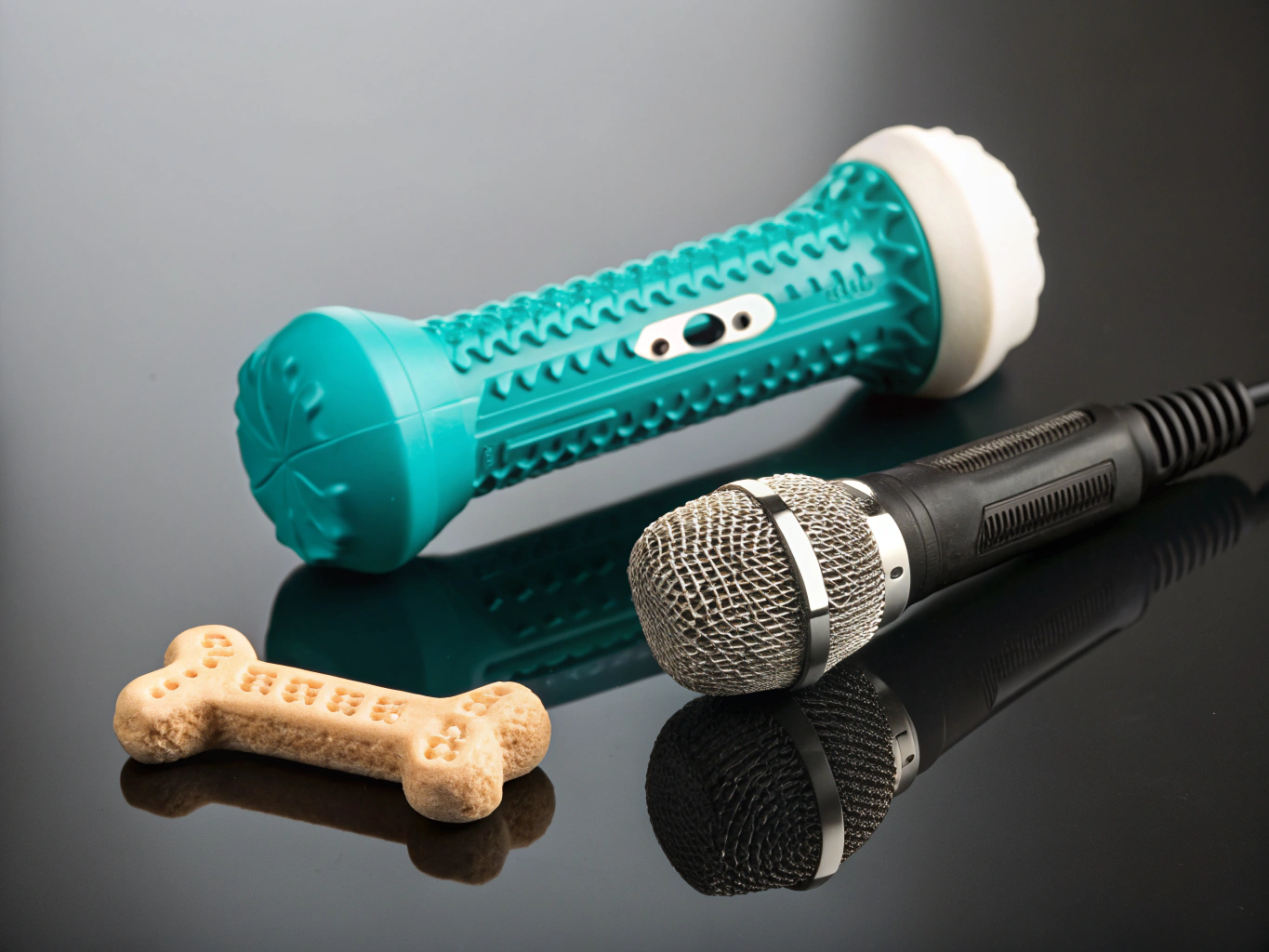Chewing Over the Best Dental Chews for Dogs: A Practical Guide for Pet Owners
If you’ve ever wrestled with a stubborn dog who refuses to let you brush their teeth, you’re not alone. Many pet owners seek an easier route—something that keeps their furry friends happy and their vet bills manageable. That’s where the best dental chews for dogs come into play. They might not replace brushing entirely, but they can be a handy part of your pet’s oral health routine. Want to dig into some options? Check out the best dental chews for dogs.
Why Dental Chews Matter—More Than Just Fresh Breath
Transforming Oral Hygiene
Dental health isn’t just about fresh breath (though that’s a bonus). It’s about preventing plaque buildup, tartar formation, and even more serious issues like gum disease and tooth loss. Think of your dog’s mouth as a bustling city—if you don’t keep the streets clean, rot and decay will take over. Dental chews act like sanitation crews, helping to keep the city (your dog’s mouth) functioning smoothly.How They Work
Most dental chews are designed with a textured surface that mechanically scrapes away plaque as your pup chews. Some contain ingredients like enzymes that actively break down plaque, while others incorporate additives like mint or parsley for a fresher breath. The key is consistency—using them regularly turns dental care from a chore into a manageable part of your routine.Choosing the Right Dental Chews: What to Look For
Material Matters
Not all chews are created equal. Some are softer, more digestible treats, while others are tougher, meant for dogs who love to chew hard. The goal is selecting a product that’s effective but safe—avoiding overly hard chews that could risk broken teeth or choking hazards.Ingredients and Additives
Look for chews that contain beneficial additives like enzymes, which actively fight plaque. Natural ingredients are a plus—think about chews made with wholesome components that are less likely to upset sensitive stomachs. Always read ingredient labels, especially if your dog has allergies or dietary restrictions.Size and Durability
Size matters. A tiny pup won’t benefit from a giant chew meant for a Rottweiler, and vice versa. Choose a chew that matches your dog’s size and chewing strength. Durability is also key; some dogs love gnawing for hours, so a chew that can withstand their enthusiasm ensures longer-lasting cleaning.Integrating Dental Chews Into Your Routine
Consistency Is Key
Just like with any health habit, the real benefit comes from regular use. Incorporate dental chews into your dog’s daily or weekly routine. Over time, you’ll notice less plaque buildup and fresher breath—plus, fewer trips to the vet for dental issues.Complementary Care
Dental chews are an aid, not a substitute. Brushing your dog’s teeth remains the gold standard—think of chews as the backup dancers to your main act. Regular vet check-ups and professional cleanings should still be on the schedule.Actionable Recommendations
- Start by choosing a dental chew that fits your dog’s size and chewing style. Don’t settle for the first option—look for quality ingredients and positive reviews.
- Introduce the chew gradually, monitoring your dog’s response. Ensure it’s chewed thoroughly without causing discomfort or gagging.
- Make dental chews part of a broader oral hygiene routine—combine with regular brushing and vet visits.
- Stay consistent. The benefits compound over time, leading to healthier teeth and happier, more comfortable pups.
Remember, maintaining your dog’s oral health is a small investment with big returns. It’s about transforming a mundane task into an act of care—one chew at a time. After all, your pet’s smile isn’t just adorable; it’s a window into their overall well-being.
Checkout ProductScope AI’s Studio (and get 200 free studio credits)

